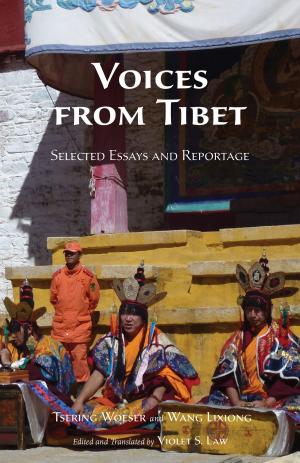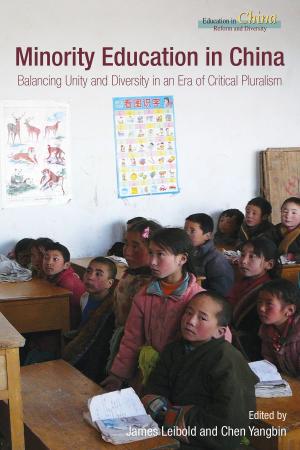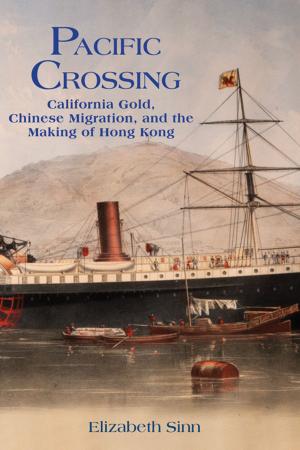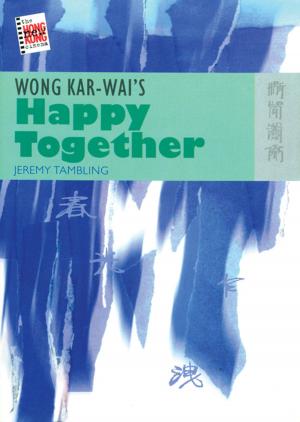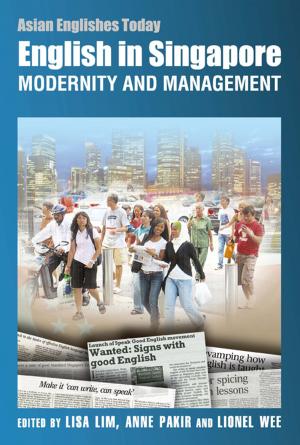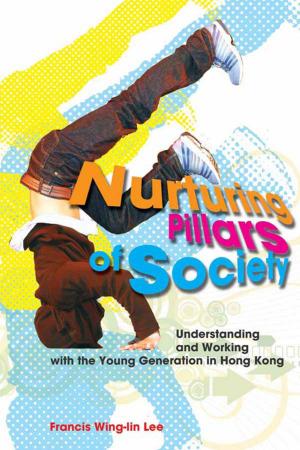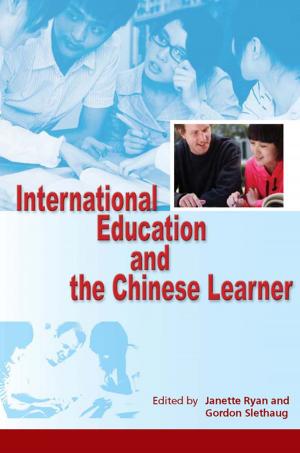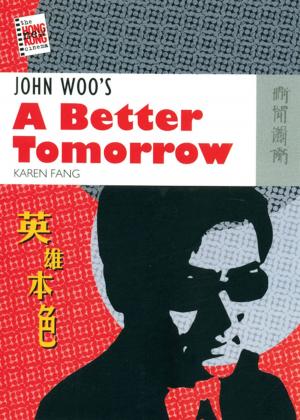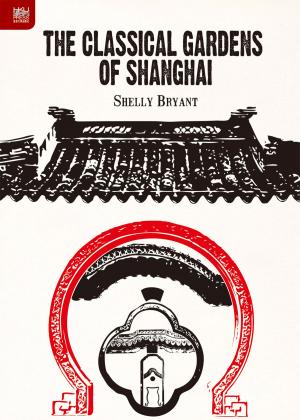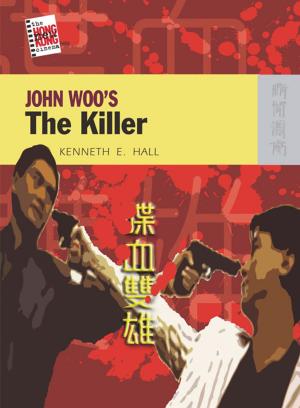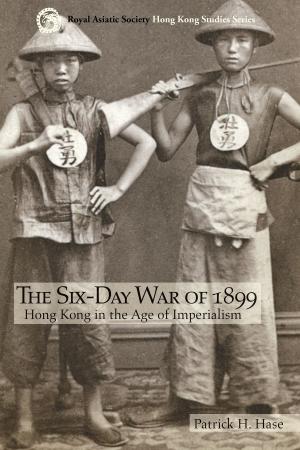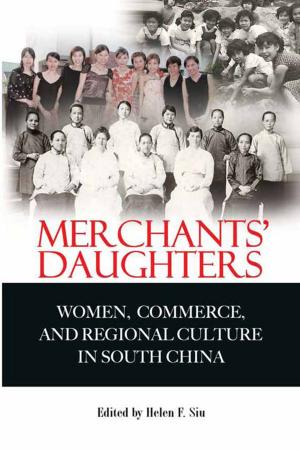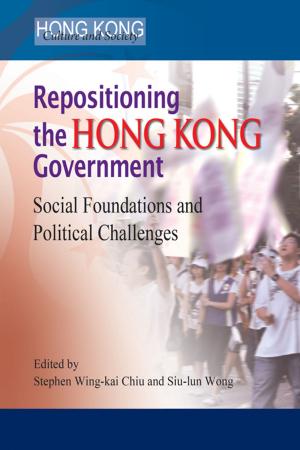| Author: | Hong Kong University Press | ISBN: | 9789882207752 |
| Publisher: | Hong Kong University Press | Publication: | December 15, 2009 |
| Imprint: | Language: | English |
| Author: | Hong Kong University Press |
| ISBN: | 9789882207752 |
| Publisher: | Hong Kong University Press |
| Publication: | December 15, 2009 |
| Imprint: | |
| Language: | English |
Examining the deployments of gender and sexuality over the past five decades in Taiwan, this book chronicles a queer historiography that illuminates the production of sexual identities and the formation of sexual modernity. Through primary research and historical investigation, Hans Tao-Ming Huang offers a contextualised study of Pai Hsien-yung’s Crystal Boys, one of Taiwan’s first recognized gay novels, as he critically engages disparate discursive fields of dominant legal and medical discourses of sex, lesbian and gay activism, as well as mainstream feminist politics. He shows that the construction of male homosexuality as a term of social exclusion is historically linked to the state’s banning of prostitution, further delineating a moral-sexual order that has come to be buttressed by the hegemonic rise of anti-prostitution state feminism since the 1990s. In exploring the imbrications of male homosexuality, prostitution and feminism in Taiwanese national culture, Huang boldly ventures a politics of sexual dissidence that contests state-inspired heteronormativity.
Examining the deployments of gender and sexuality over the past five decades in Taiwan, this book chronicles a queer historiography that illuminates the production of sexual identities and the formation of sexual modernity. Through primary research and historical investigation, Hans Tao-Ming Huang offers a contextualised study of Pai Hsien-yung’s Crystal Boys, one of Taiwan’s first recognized gay novels, as he critically engages disparate discursive fields of dominant legal and medical discourses of sex, lesbian and gay activism, as well as mainstream feminist politics. He shows that the construction of male homosexuality as a term of social exclusion is historically linked to the state’s banning of prostitution, further delineating a moral-sexual order that has come to be buttressed by the hegemonic rise of anti-prostitution state feminism since the 1990s. In exploring the imbrications of male homosexuality, prostitution and feminism in Taiwanese national culture, Huang boldly ventures a politics of sexual dissidence that contests state-inspired heteronormativity.


